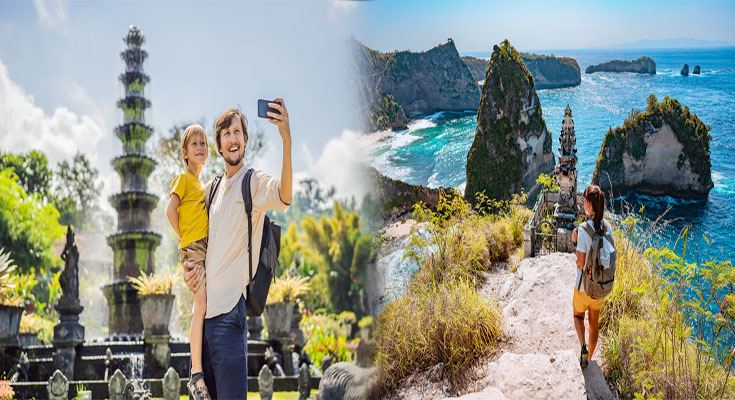Indonesia is a beautiful and culturally rich country, with over 17,000 islands and hundreds of distinct ethnic groups. However, as with any foreign country, it’s important to understand and respect the customs and cultural norms of that country in order to have a smooth and enjoyable trip. Here are some tips on how to navigate Indonesian customs and norms while traveling.
Clothing
When packing for your trip to Indonesia, keep in mind that the country is predominantly Muslim, which means that modest clothing is expected. This means covering your shoulders and knees, and avoiding tight-fitted or revealing clothing. This is especially important when visiting temples or mosques, as you may not be allowed entry if you are inappropriately dressed.
Greetings
In Indonesia, it’s customary to greet people with a smile and a handshake. However, if you’re greeting someone older or of higher status, it’s respectful to bow slightly. When addressing someone, it’s also important to use the appropriate title – for example, “Bapak” (Mr.) or “Ibu” (Mrs.). Indonesians are generally very welcoming and friendly, so don’t be surprised if strangers approach you on the street to strike up a conversation!
Eating
Indonesian cuisine is diverse and flavorful, but it’s important to be aware of a few customs when dining in Indonesia. Firstly, it’s customary to wash your hands before and after eating, so look for a hand-washing station or ask for a bowl of water. When eating with your hands (which is common in some regions), always use your right hand – the left hand is considered unclean. Finally, it’s polite to leave a little bit of food on your plate at the end of a meal, to show that you are satisfied.
Religion
As mentioned earlier, Indonesia is predominantly Muslim, but there are also significant populations of Christians, Buddhists, Hindus, and other religions. It’s important to respect the religious practices of the people you are interacting with – for example, taking off your shoes before entering a mosque or removing your hat before entering a temple. It’s also polite to ask before taking photos of religious ceremonies or sites.
Language
Many Indonesians speak English, particularly in tourist areas, but it’s always a good idea to learn a few basic phrases in Bahasa Indonesia (the national language). This will help you communicate more easily with locals, who will appreciate your effort to speak their language.
By following these tips, you’ll be able to navigate Indonesian customs and cultural norms with confidence and respect. Remember, Indonesians are generally very welcoming and hospitable, so don’t be afraid to ask questions and learn more about the local culture. Finally, have fun exploring this beautiful and diverse country!





